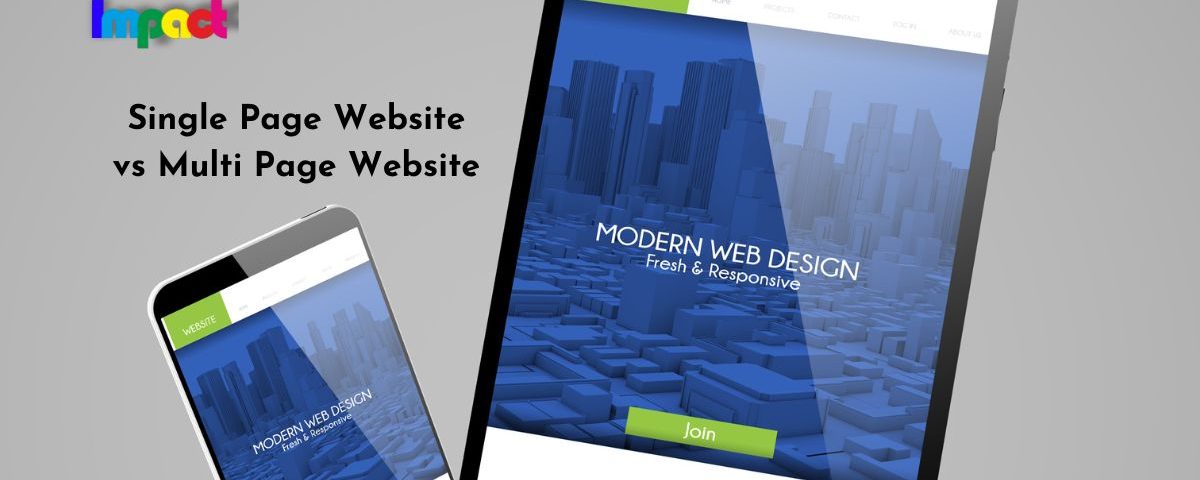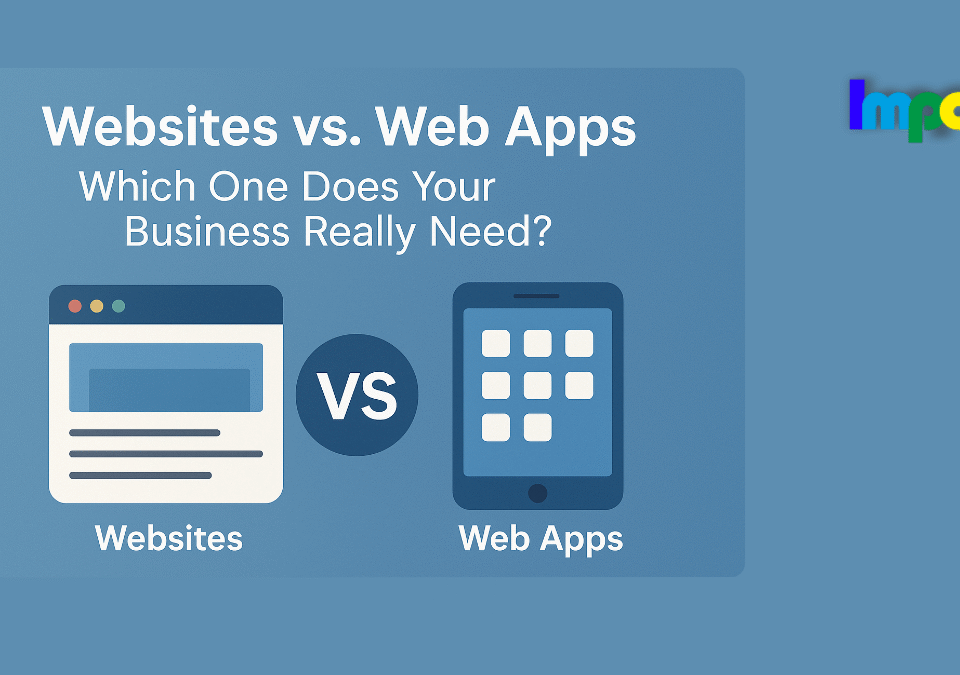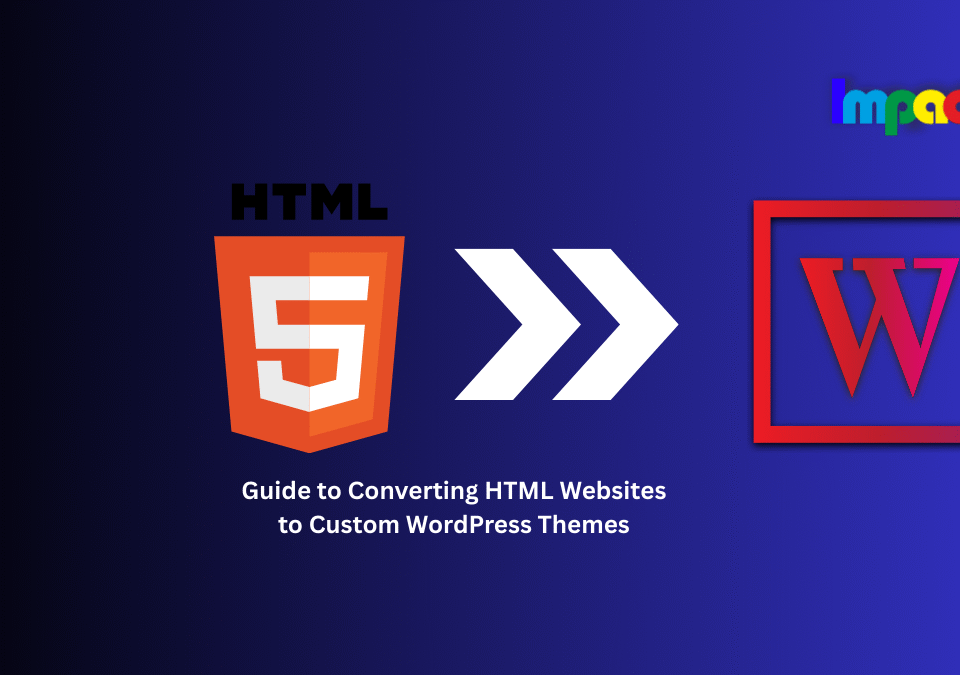When it comes to designing a website for your business, one of the first decisions you have to make is whether to go for a single page website or a multi page website. Both options have their pros and cons, depending on your goals, content, audience, and budget. Here, I will compare the advantages and disadvantages of single page website vs multi page website and help you decide which one is best for your needs.
Contents
Single Page Website Vs Multi Page Website:
What is a Single Page Website?
A single page website, as the name suggests, is a website that consists of only one HTML page. All the content, such as text, images, videos, forms, etc., is displayed on the same page, without any additional pages or subpages. To navigate to different sections of the content, users can either scroll down the page or click on links that take them to specific parts of the page.
A single page website is suitable for projects that have a limited scope, a clear and concise message, a single goal or call to action, and a mobile-friendly layout. Some examples of single page websites are landing pages, portfolios, resumes, event pages, product pages, etc.

What is a Multi Page Website?
A multi page website, on the other hand, is a website that has multiple HTML pages, each with its own URL and content. The content is divided into different categories and subcategories, such as home page, about page, services page, contact page, blog page, etc. To navigate between the pages, users can use a menu bar or other navigation elements that link to different pages or sections.
A multi page website is suitable for projects that have a lot of content, a complex structure, multiple goals or calls to action, and a standard navigation method. Some examples of multi page websites are corporate websites, e-commerce websites, news websites, educational websites, etc.
Single Page Website vs Multi Page Website: Pros and Cons
Now that we have defined what a single page website and a multi page website are, let’s look at some of the pros and cons of each option.
Single Page Website Pros
- Simplicity: A single page website is simple to design, develop, maintain, and update. It requires less coding, less hosting space, less loading time, and less maintenance than a multi page website. It also eliminates the need for complex navigation systems and menus.
- User Experience: A single page website provides a smooth and seamless user experience. It allows users to access all the information they need on one page, without having to click or wait for other pages to load. It also creates a linear and logical flow of content that tells a story or guides users towards a specific goal or action.
- Conversion Rate: A single page website can increase the conversion rate of your business. According to studies, single-page sites have a higher conversion rate (>37.5%) than multi-page sites because users start the process sooner and move through it faster, with no place to get lost or distracted by another offer.
Single Page Website Cons
- SEO: A single page website can be challenging for SEO (Search Engine Optimization). Since there is less content available on one page than on multiple pages, there are fewer opportunities to optimize the site for keywords, meta tags.
- Scalability: A single page website can be difficult to scale as your business grows. If you want to add more content, features, or functionality to your site, you may end up with a long and cluttered page that is hard to navigate and read. You may also face limitations in terms of design and layout options, as you have to fit everything on one page.
- Analytics: A single page website can be tricky to track and analyze. Since there is only one URL for the whole site, you cannot measure the performance of individual pages or sections, such as bounce rate, time on page, exit rate, etc. You may also have trouble identifying the sources of traffic, conversions, or leads, as you cannot use different landing pages for different campaigns or audiences.

Multi Page Website Pros
- SEO: A multi page website can be beneficial for SEO. Since there is more content available on multiple pages than on one page, there are more opportunities to optimize the site for keywords, meta tags, headings, links, etc. You can also target different keywords and topics for different pages or sections, which can help you rank higher for a variety of search queries.
- Content: A multi page website can accommodate more content than a single page website. You can provide more information, details, and depth on your products, services, features, benefits, testimonials, etc., without overwhelming or boring your users. You can also organize your content into logical categories and subcategories, which can help users find what they are looking for easily and quickly.
- Design: A multi page website can offer more design flexibility than a single page website. You can use different layouts, colors, fonts, images, videos, animations, etc., for different pages or sections, which can create more visual interest and variety for your users. You can also customize each page or section according to its purpose and goal, which can enhance the user experience and conversion rate.
Multi Page Website Cons
- Complexity: A multi page website is more complex to design, develop, maintain, and update than a single page website. It requires more coding, more hosting space, more loading time, and more maintenance than a single page website. It also requires a clear and consistent navigation system and menu that can help users navigate between the pages or sections without getting confused or lost.
- User Experience: A multi page website can create a less smooth and seamless user experience than a single page website. It forces users to click and wait for other pages to load, which can interrupt the flow of content and increase the chances of users leaving the site. It also creates a non-linear and fragmented flow of content that may not tell a clear story or guide users towards a specific goal or action.
- Conversion Rate: A multi page website can decrease the conversion rate of your business. According to studies, multi-page sites have a lower conversion rate (<37.5%) than single-page sites because users take longer to start and complete the process, with more places to get lost or distracted by another offer.
FAQs:
Q: How do I choose between a single page website and a multi page website?
A: The best way to choose between a single page website and a multi page website is to consider your goals, content, audience, and budget. If you have a limited scope, a clear and concise message, a single goal or call to action, and a mobile-friendly layout, you may opt for a single page website. If you have a lot of content, a complex structure, multiple goals or calls to action, and a standard navigation method, you may opt for a multi page website.
Q: Can I combine both options in one website?
A: Yes, you can combine both options in one website by using a hybrid approach. For example, you can use a single page website for your home page or landing page, and use multiple pages for your other pages or sections, such as about us, services, contact us, blog, etc. This way, you can leverage the benefits of both options and avoid their drawbacks.
Q: Which option is better for SEO?
A: Generally speaking, a multi page website is better for SEO than a single page website, as it provides more opportunities to optimize the site for keywords, meta tags, headings, links, etc. However, a single page website can also rank well for SEO if it follows the best practices such as using relevant keywords, creating quality content, using headings and subheadings, adding internal links, etc.
Conclusion
In conclusion, there is no definitive answer to which option is better between a single page website and a multi page website. Both options have their pros and cons depending on your goals, content, audience, and budget. The best way to decide is to consider your specific needs and preferences and choose the option that suits them best. Alternatively, you can use a hybrid approach and combine both options in one website.




